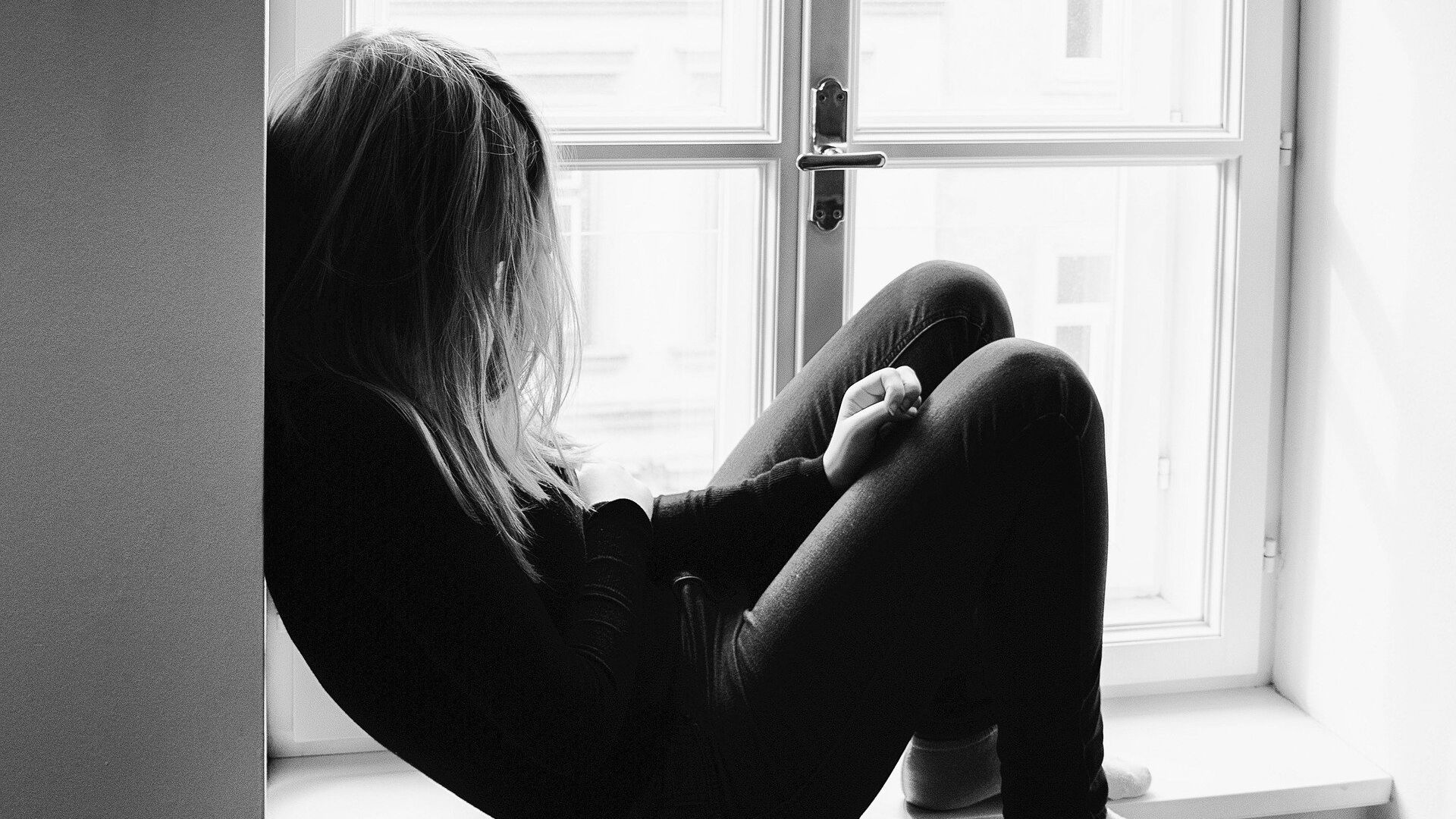https://sputnikglobe.com/20220412/bye-bye-blues-non-conventional-method-to-tackle-depression-revealed-1094693789.html
Bye-Bye Blues? Non-Conventional Method to Tackle Depression Revealed
Bye-Bye Blues? Non-Conventional Method to Tackle Depression Revealed
Sputnik International
It's an open secret that most people don't think twice before turning to antidepressants to tackle feelings of sadness. Traditional therapies offer a host of... 12.04.2022, Sputnik International
2022-04-12T07:23+0000
2022-04-12T07:23+0000
2022-04-12T07:23+0000
scientists
researchers
study
findings
depression
treatment
https://cdn1.img.sputnikglobe.com/img/105722/30/1057223014_0:227:1920:1307_1920x0_80_0_0_db4d3716982c35086d0b465d1673116d.jpg
Using psychedelic mushrooms could be part of an alternative effort to treat depression because psilocybin works differently from regular antidepressants, a new study has confirmed.He added that in previous studies the researchers "had seen a similar effect in the brain when people were scanned whilst on a psychedelic, but here we're seeing it weeks after treatment for depression, which suggests a 'carry over' of the acute drug action"."This supports our initial predictions and confirms psilocybin could be a real alternative approach to depression treatments", Nutt stated.According to the researchers, the new study is based on the analysis of brain scans from about 60 people who received psilocybin-assisted therapy for depression. The scans revealed patients with increased brain connectivity that was in place not just during their treatment but also up to three weeks afterwards.The scientists said that the so-called opening up effect of the brain was associated with those who reported improvements in their depression, describing the findings as a promising advance for psilocybin therapy.
Sputnik International
feedback@sputniknews.com
+74956456601
MIA „Rossiya Segodnya“
2022
Oleg Burunov
https://cdn1.img.sputnikglobe.com/img/07e4/09/0b/1080424846_0:0:2048:2048_100x100_80_0_0_3d7b461f8a98586fa3fe739930816aea.jpg
Oleg Burunov
https://cdn1.img.sputnikglobe.com/img/07e4/09/0b/1080424846_0:0:2048:2048_100x100_80_0_0_3d7b461f8a98586fa3fe739930816aea.jpg
News
en_EN
Sputnik International
feedback@sputniknews.com
+74956456601
MIA „Rossiya Segodnya“
Sputnik International
feedback@sputniknews.com
+74956456601
MIA „Rossiya Segodnya“
Oleg Burunov
https://cdn1.img.sputnikglobe.com/img/07e4/09/0b/1080424846_0:0:2048:2048_100x100_80_0_0_3d7b461f8a98586fa3fe739930816aea.jpg
scientists, researchers, study, findings, depression, treatment
scientists, researchers, study, findings, depression, treatment
Bye-Bye Blues? Non-Conventional Method to Tackle Depression Revealed
It's an open secret that most people don't think twice before turning to antidepressants to tackle feelings of sadness. Traditional therapies offer a host of methods to combat depression, but what can an individual do if those treatments don't alleviate the issue?
Using
psychedelic mushrooms could be part of an alternative effort to treat depression because psilocybin works differently from regular antidepressants, a new study has confirmed.
Professor Robin Carhart-Harris, former head of Imperial College London's Centre for Psychedelic Research and the survey's lead author, argued that "the effect seen with psilocybin is consistent across two studies, related to people getting better, and was not seen with a conventional antidepressant".
He added that in previous studies the researchers "had seen a similar effect in the brain when people were scanned whilst on a psychedelic, but here we're seeing it weeks after treatment for depression, which suggests a 'carry over' of the acute drug action".
Carhart-Harris was echoed by Centre for Psychedelic Research head, Professor David Nutt, who touted the new findings as "important" because for the first time scientists found that psilocybin "works differently from conventional antidepressants - making the brain more flexible and fluid, and less entrenched in the negative thinking patterns associated with depression".
"This supports our initial predictions and confirms psilocybin could be a real alternative approach to depression treatments", Nutt stated.
According to the researchers, the new study is based on the analysis of brain scans from about 60 people who received psilocybin-assisted therapy for depression. The scans revealed patients with increased brain connectivity that was in place not just during their treatment but also up to three weeks afterwards.
The scientists said that the so-called opening up effect of the brain was associated with those who reported improvements in their depression, describing the findings as a promising advance for psilocybin therapy.


